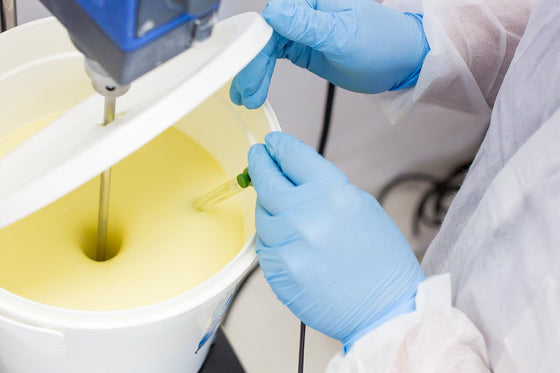
No one knows exactly why nausea and vomiting occur during pregnancy, but the symptoms are experienced by more than 85% of pregnant women. Most experience symptoms throughout the day (making the term “morning sickness” hardly accurate) and frequently these symptoms are worst in early pregnancy. Most women feel better by their fourth or fifth month—but for some, the symptoms can persist throughout their entire pregnancy.
The nausea and vomiting can be mild or severe, and in the worst cases it may even require hospitalisation due to dehydration and weight loss. The most severe form is called hyperemesis gravidarum, and this may affect up to 3% of pregnant women.
Regardless of its severity, such symptoms impact an expecting mother’s quality of life. Many women find they have to take time off work. Luckily, a range of treatment options are available that are safe for both mother and baby.
As nausea and vomiting during pregnancy has no clear cause, treatments try to reduce the severity of the symptoms. The first approach is usually to change the diet (see below). If this does not help, a variety of over-the-counter and prescription treatments are available. Talk to your doctor before taking any over-the-counter or prescription medications while pregnant.
These are safe treatments that may be useful for mild nausea and vomiting during pregnancy.
Many large studies have demonstrated a range of medications to be safe and effective for the treatment of nausea and vomiting during pregnancy.
Some of these medications are not commercially available in Australia and can be compounded.
To learn more about the management of nausea and vomiting in pregnancy, please contact one of our friendly pharmacists.
Comments will be approved before showing up.

Medicinal cannabis products are legal, high quality medicines that can be prescribed for people by their doctor. Medicinal cannabis is derived from cannabis plants and can be used to treat the symptoms of certain medical conditions, and the side effects of some treatments.
